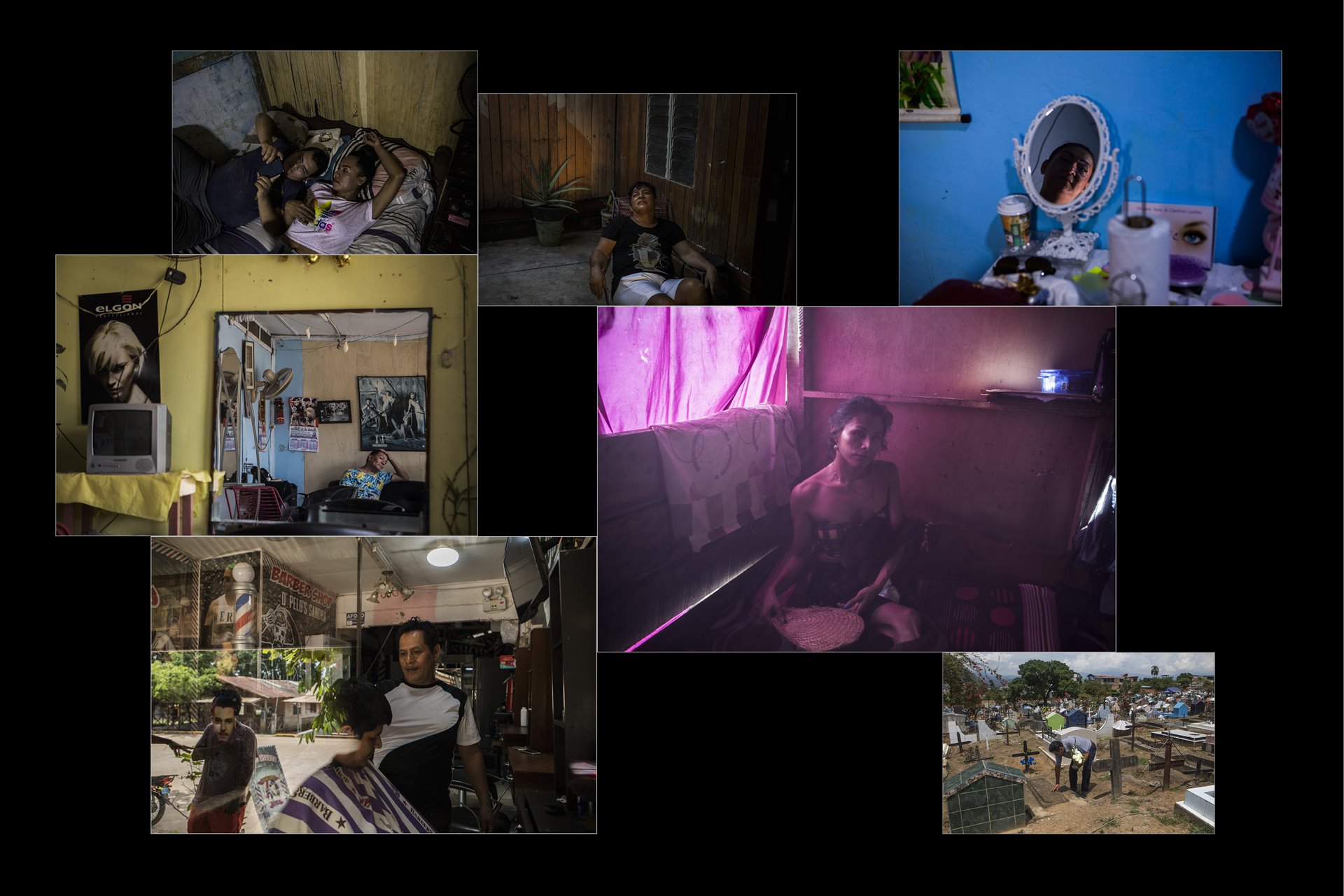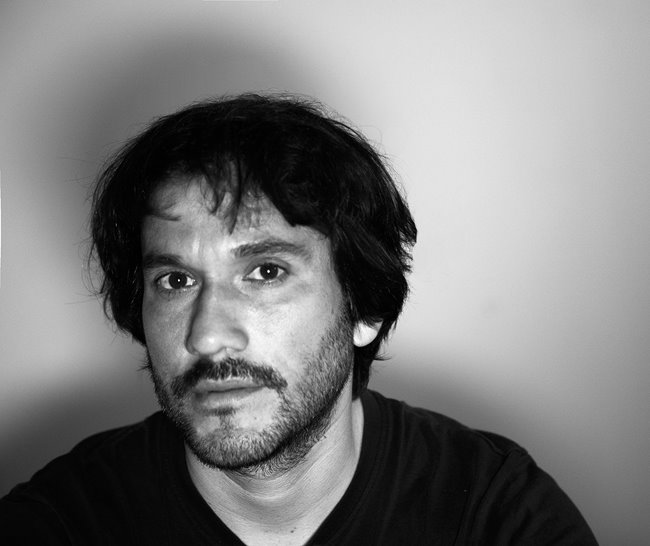Many of the people who provided testimonials for this multimedia project are making their stories public for the first time. In Peru, the penal code does not recognize violence due to prejudice, so the killings of LGBTQI+ people remain obscured in the official records.
This painstakingly researched web report collects the untold stories of the persecution of LGBTQI+ people in the Peruvian Amazon. From 1980 to 2000, leftist revolutionary insurgency groups like the Shining Path and the Tupac Amaru Revolutionary Movement (MRTA) terrorized, tortured, and murdered members of the LGBTQI+ community in the Loreto, Ucayali, and San Martin regions. Despite the passage of more than two decades, the government of Peru has yet to comprehensively document these atrocities. A 2003 report by the Peruvian government’s Truth and Reconciliation Commission took note of the systematic violence caused by these political groups, but there was no acknowledgement of the injuries and human rights abuses suffered by the LGBTQI+ community.
Through these photos and firsthand testimonies, this project captures the experiences and memories of these survivors, many of whom are sharing their stories publicly for the first time:
“The terrorists would cut your throat, They had no mercy.” - Romy Ramírez.
“I was returning from a night volleyball tournament when terrorism got me.” - Jairo Tapulima Viteri.
“Since we live in a society that discriminates against the (trans) population so much, you have to be afraid.” - Sandra Taunama.
“He almost killed me. He said he didn’t accept a trans girl.” - Angie.
“I broke up with a partner because they seriously assaulted me. (...) The police told me they could not prove that the perpetrator was my partner. I gave up.” - Valeria Alado.
“A couple assaulted me and left my face purple. I didn’t want to go to the hospital because there was a lot of discrimination.” - Chris.
“[The terrorists] kidnapped me by mistake. They kept me there for eight days.” - Roger Pinchi.
Until now, these voices have been silenced. For the first time, this project reveals details of the only judicial file related to these crimes that have made it to court. These cases serve as reminders that the violence against sexual diversity was not isolated to a particular group or moment, but part of a broader pattern of persecution. Despite efforts to bring perpetrators to justice, former leaders of subversive groups accused of these crimes remain at large, highlighting the ongoing struggle for accountability and closure.
Photographs and edition: Marco Garro Pardo
Text and investigation: Elizabeth Salazar Vega
Web development: Fabrizio Piazze
Designer: Felipe Esparza
Experience the interactive website.

